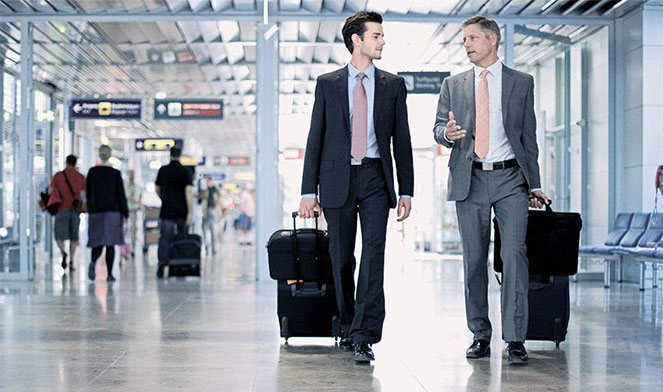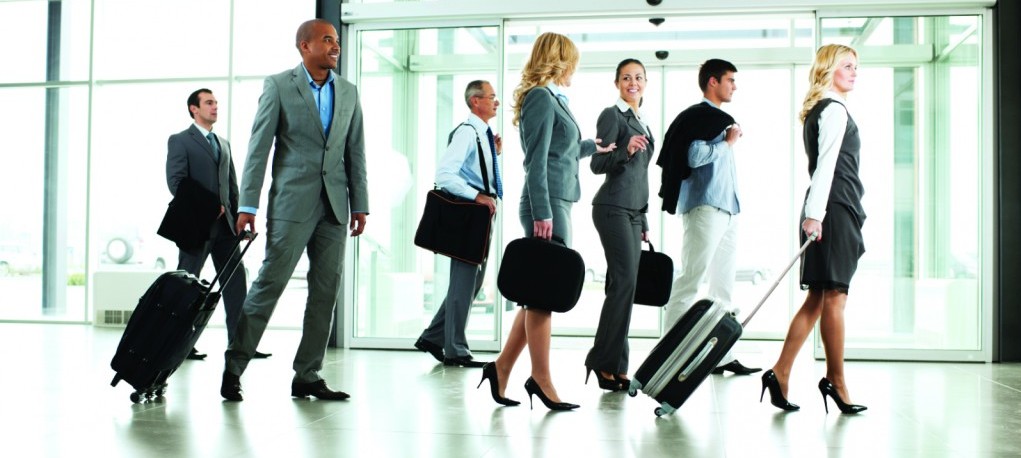
What are The Arrangements of Travel in Business and what are the Reasons of People Doing Travel for Business?
In business activities there are many businessmen doing travel for the purpose of specific needs of their business. An organization or even personal businessman need to do travel if it needed. Travelling for business purpose often frequently occur in large business, in which it is a must and it needs special persons to do business travel. In order to make business travel, there are a suitable method of travel needs to be chosen for different distances of business travel. Journeys can be made by road, rail, sea, and air. In choosing a suitable method of travel, it depends on:
- Where the traveler is going – whether the journey is interstate or intercontinental;
- Why the traveler is going – samples, materials, and information may need to be taken;
- The length of time the traveler is going to be away – the speed of travel may be important for short stays;
- How many are traveling in the party – group travel may mean different choices;
- How much it costs – there may be budgets or cost constraints;
- Company travel policies – company cars may be provided, there may be company travel warrants;
- Personal preferences of the traveler – you need to find out how traveler prefers to travel.
Many journeys may be a combination of several methods.
The different modes of travel have its advantages and disadvantages. Here are the explanations:
1. Car travel The advantages are:
- It is more flexible, means that it is not tied to timetables
- More direct, means that journeys can be made door to door
- More accessible, it means that most people have cars or can drive.
- The cost can be efficient when the car is already provided.
The disadvantages are:
- Parking is often difficult and expensive.
- The business travelers may arrive at meetings tired and stressed
- Not effective in using the time – no other work can be carried out while driving to destinations.
2. Rail travel The advantages are:
Journeys can be cheaper for one traveler than claims for car travel.
- It is more stressful because the traveler can rest.
- Time can be used for other work, reading, or writing notes etc.
- No problems with parking
The disadvantages are:
- It is not very flexible because tied to timetables and routes.
- Popular inter-city routes can be expensive.
- Difficult for cross because country routes and rural areas.
- Not door-to-door because the other arrangements need to be made to get from station to destination.

3. Sea travel
The advantages are:
- Can take the car and it is useful for long stays, carrying luggage, samples.
- It is more regular crossings.
- Choice the crossing, that means hovercraft, jetfoils, and roll-on-roll-off ferries.
The disadvantages are:
- Sea journeys are often slow
- It is Not very popular with business travelers.
4. Air travel
The advantages are:
- The air travel is the fastest method of travelling.
- It is very little stress; meals are provided.
- Because of the long distance, air travel often becomes the only effective method of making long journeys.
- It is wide range of destinations.
The disadvantages are:
- It is an expensive method of travelling.
- It is usually needs to be combined with other methods of travel to get to destination.
- It is more baggage limitations. It means that extra charges may have to be paid for heavy and large items of luggage.
There are many different reasons why business travelers doing travel. The different reasons are:
- Sales meetings;
- Visiting customers;
- Visiting suppliers;
- Technical meetings;
- Attending conferences;
- Have Meeting with partner of the companies.
In order to make these kind of things, the business travelers may travel around the country, to other countries on the Continent, or on intercontinental journeys.




